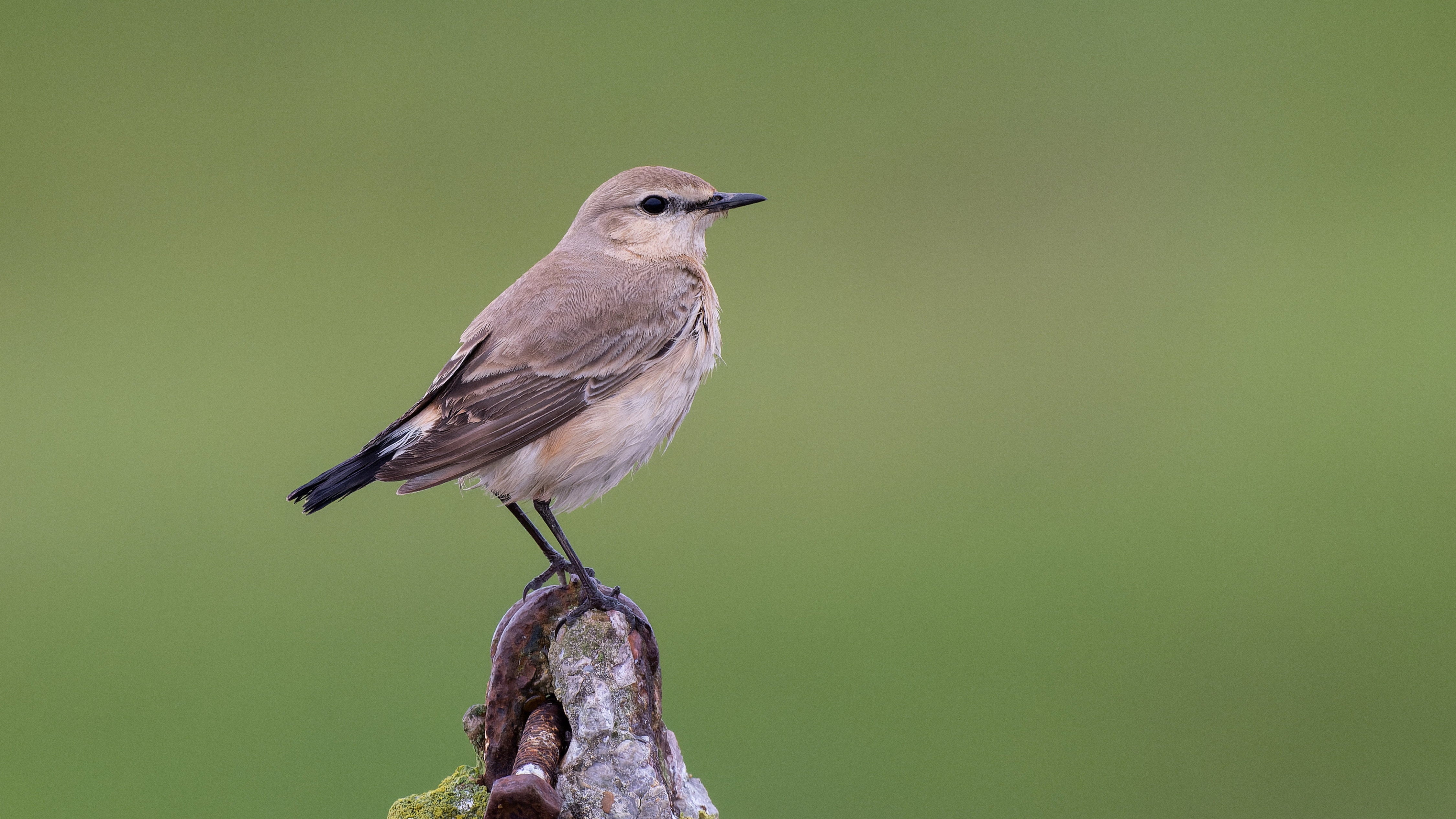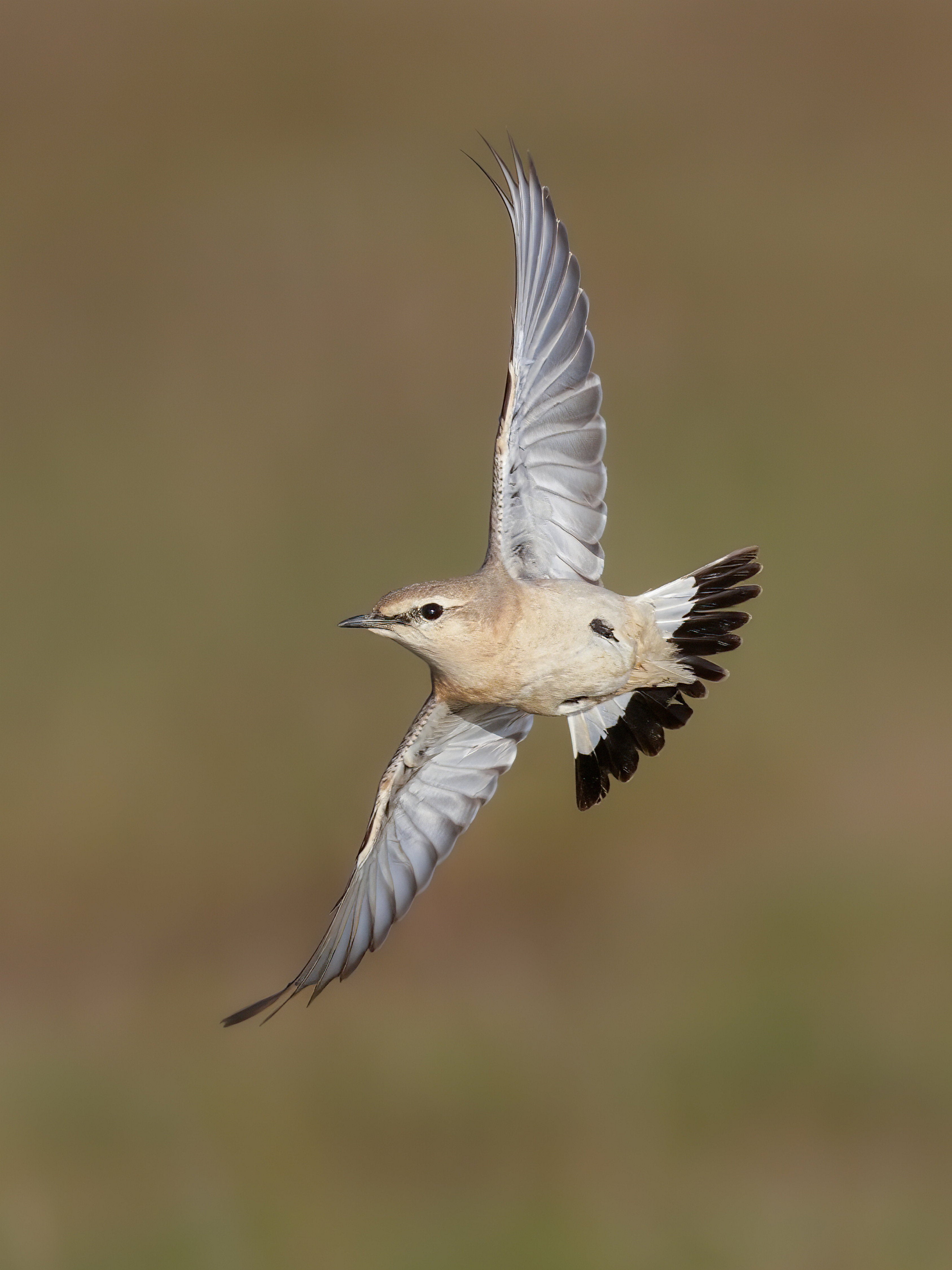Bird only once seen in Britain returns for a second time
The isabelline wheatear was spotted in Colyford Common, part of Seaton Wetlands in Devon

A rare bird normally found in the Gobi Desert and only seen once in Britain before has returned for a second time.
The isabelline wheatear was spotted in Colyford Common, part of Seaton Wetlands in Devon, on January 1 - and stuck around ever since.
Experts say it has ‘overwintered’ in the UK.
The small 16.5cm tall bird related to the more commonly seen northern wheatears was recorded in Britain for the first time ever on Lundy Island in the Bristol Channel in October 2019 -for a single day.
Known for it’s lark-like chirp that sometimes mimics the voices of other birds, it is ordinarily found on the mountainsides of Turkey, Jordan and Saudi Arabia - as well as the Russian Caspian Steppe.
Excited birdwatchers apparently stormed the site, ‘ramming’ the local car park - forcing the local East Devon District Council to put out signs asking for birdwatchers to park elsewhere.

Cllr Geoff Jung, East Devon District Council’s Portfolio Holder for Coast, Countryside and Environment, said: “When the identification was confirmed, it caused something of a stir amongst bird watchers to say the least!
“The bird showed for several days and on New Year’s Day it was seen again on the nature reserve, seemingly oblivious to the bird watchers and photographers who flocked to catch a glimpse of this rarity.
“It was often seen darting from posts to the boardwalk running through the site and was seemingly feeding well despite the cold and wet weather of early January.
“Being seen constantly up until Saturday 14th January, this was the first ever isabeline wheatear to ‘overwinter’ in Britain!”
SWNS
Join our commenting forum
Join thought-provoking conversations, follow other Independent readers and see their replies
Comments


Bookmark popover
Removed from bookmarks